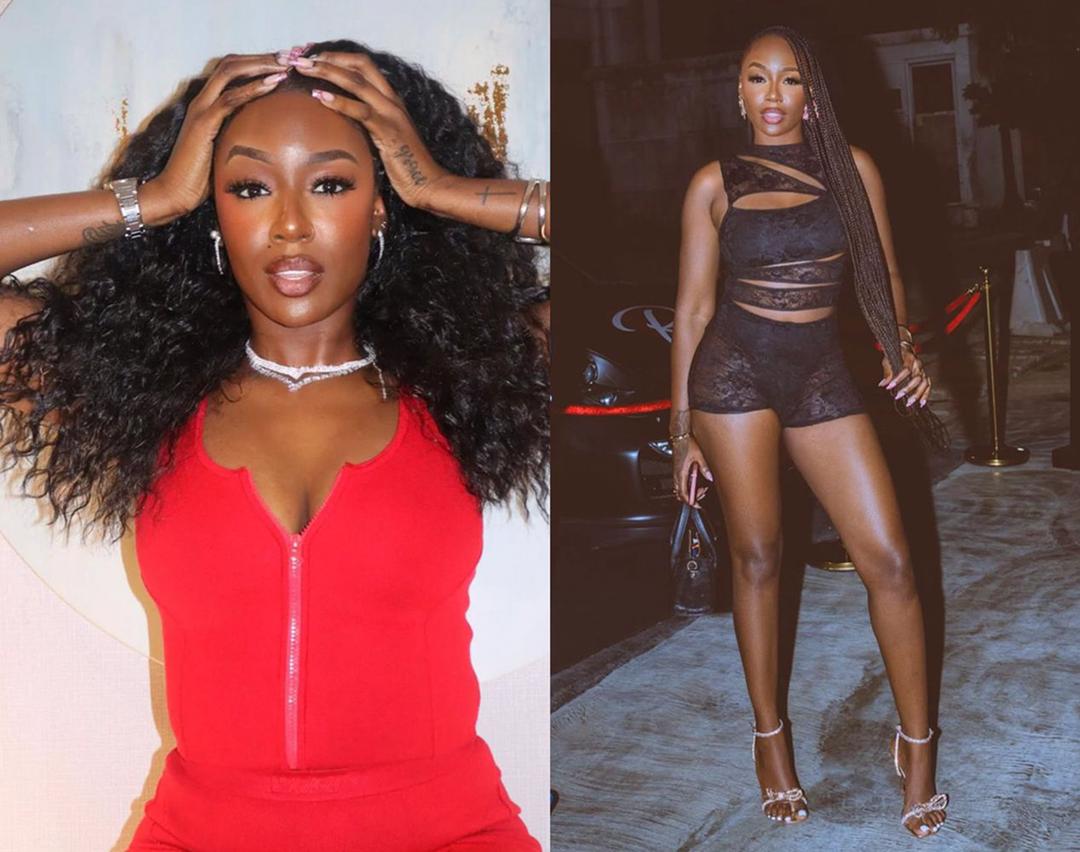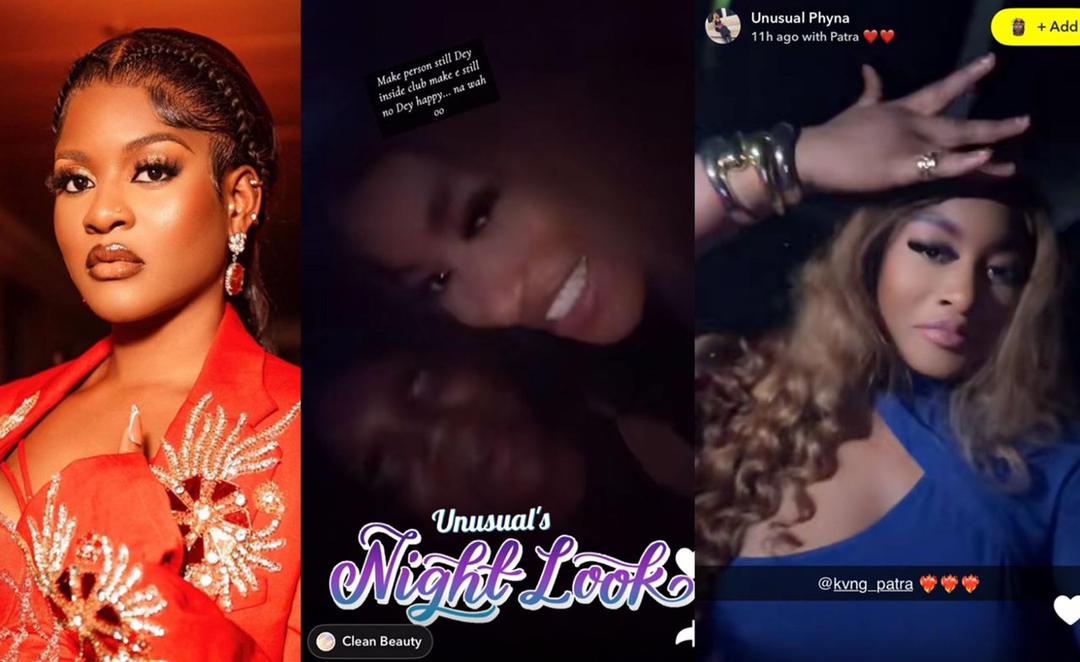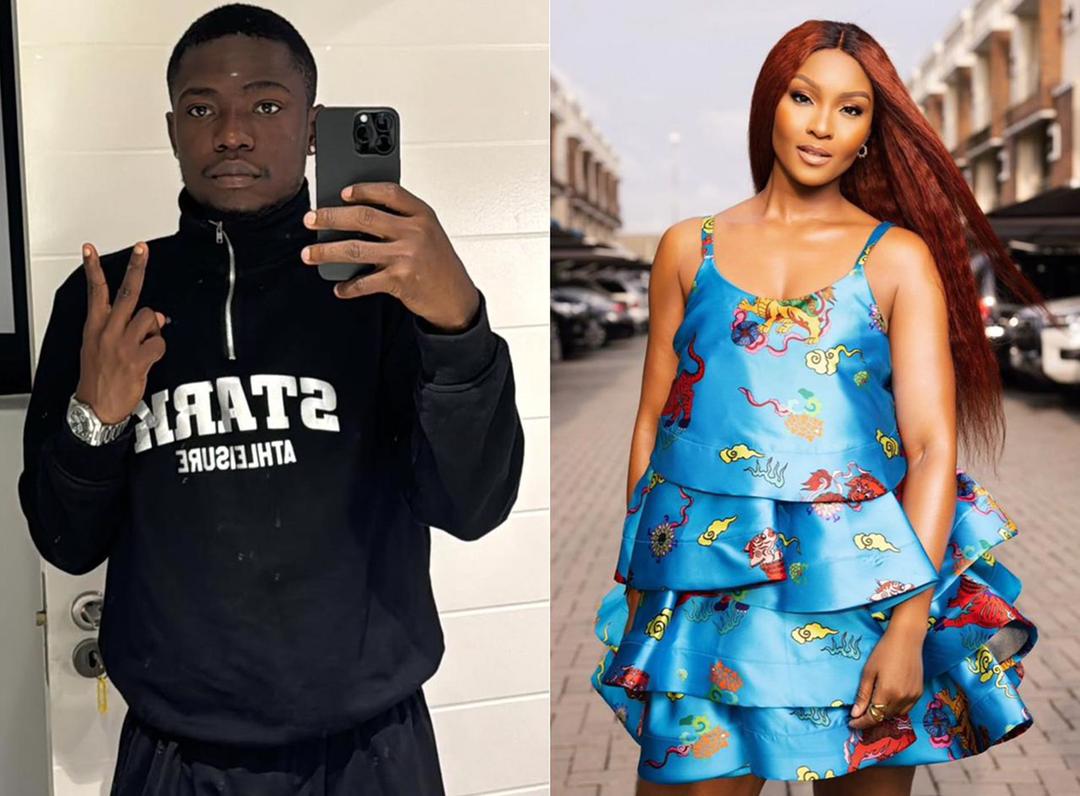
From Loyalty to Opportunism: Samklef Calls Out VeryDarkMan Over Allegiances to Burna Boy and Davido

In what is shaping up to be one of the most controversial entertainment call-outs in recent memory, Nigerian producer and singer Samklef has sparked outrage and conversation after publicly questioning the loyalty and intentions of popular social commentator VeryDarkMan (VDM). The statement, now trending across social media platforms, wasn’t vague or cryptic. It was a sharp, direct jab wrapped in harsh wisdom: “Never trust the loyalty of a poor man, especially a desperate male acuso.”
Samklef, known for his blunt and sometimes confrontational takes, pulled no punches in his latest revelation. With bold accusations and behind-the-scenes intel, he painted a picture of a young man who, according to him, is playing both sides of the music industry’s biggest rivalry—Davido vs. Burna Boy—for personal gain. It’s a tale that is as explosive as it is scandalous, and social media is eating it up in real time.
According to Samklef, during the time VDM was allegedly detained, it was Davido who stepped in to secure his release using his connections. This act of support, Samklef implied, should have earned VDM’s loyalty or at the very least, his discretion. But that wasn’t the case. Samklef claims that despite Davido’s intervention, VDM was secretly criticizing Burna Boy, trying to endear himself to the 30BG camp in private.
However, the tides shifted abruptly when Davido allegedly took Ubi Franklin, another notable figure in the industry, to meet President Bola Tinubu—and conspicuously left VDM out of the picture. That, according to Samklef, was the turning point. The moment VDM felt snubbed or excluded, he swiftly changed alliances, turning his support toward Burna Boy while gradually adopting a more antagonistic stance toward Davido.
It is, in Samklef’s narrative, the ultimate example of opportunism: switching sides when the wind no longer blows in your favor. He refers to it as “cross-carpeting,” a political term often used in Nigerian politics to describe defectors who change allegiance to stay relevant or gain favor. In this context, Samklef implies that VDM has adopted a survival strategy—aligning with whoever seems to hold more power or public favor in the moment, without any genuine loyalty.
This unfolding drama also shines a spotlight on the longstanding tension between Burna Boy and Davido—two of Nigeria’s biggest music exports, both with passionate fanbases and often at odds with each other in the public space. Samklef’s narrative suggests that VDM is trying to navigate between these two titans, but not with the grace of diplomacy. Instead, it’s with the slyness of someone who knows how to play the game—and perhaps overestimates their ability to do so undetected.
Interestingly, Samklef’s tone wasn’t entirely antagonistic toward Burna Boy. On the contrary, he praised the African Giant for being strategic, saying “Burna Boy na bad guy—he sabi this game well!” It’s a statement that implies Burna Boy, aware of VDM’s motives, chose to play along, keeping VDM close while possibly watching him from a distance. In the unpredictable world of fame and fandom, it seems no move is made without calculation, and no alliance is formed without scrutiny.
For Samklef, this isn’t just gossip or industry gist—it’s a moral lesson, a warning to those who surround themselves with people driven more by hunger than by loyalty. His opening statement rings like an age-old proverb: Never trust the loyalty of a poor man. In his view, desperation breeds betrayal. And when a man is driven by a desire to rise at all costs, he will shift loyalties like sand in the wind.
The reactions online have been mixed. Some fans and followers applauded Samklef for exposing what they believe is calculated hypocrisy on VDM’s part. Others have criticized the producer for “punching down” and dragging personal affairs into public discourse. A few question the timing of the revelation, wondering what Samklef stands to gain by igniting such a fiery narrative.
VDM, who has built a reputation for being unapologetically vocal and somewhat fearless in his criticisms of celebrities, is yet to respond officially to Samklef’s allegations. But if his past behavior is anything to go by, a clapback may be brewing. For someone who thrives on confrontation and unfiltered commentary, silence is not his typical style.
As for Davido and Burna Boy, the two artists have not directly addressed the controversy, but fans on both sides have already turned social media into a battleground. Memes, screenshots, and speculation are flooding timelines, with supporters of each artist using Samklef’s claims as ammunition.
This incident is more than just another celebrity beef. It is a reflection of the fragile ecosystem of loyalty, fame, and survival in Nigeria’s entertainment industry. It highlights the difficult balance public figures must maintain between relationships and relevance, between gratitude and ambition.
Samklef has promised to “shed more light” in the coming days, suggesting this is only part one of what may become a larger expose. Whether this will lead to more dirty laundry being aired or a possible resolution remains to be seen. But one thing is clear—his statement has not only reopened discussions about fame and loyalty, it has also put VeryDarkMan under a microscope like never before.
For now, fans and critics alike are watching, tweeting, reposting, and speculating. In the fast-paced world of social media where allegiances can change in a single post, the question remains: Who’s playing who—and who will be left standing when the dust settles?


